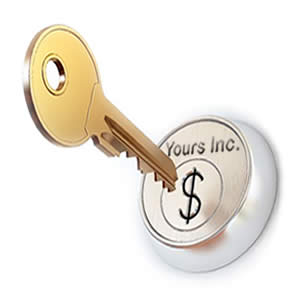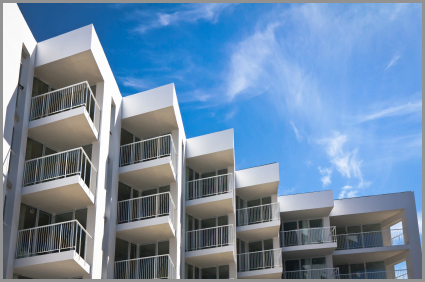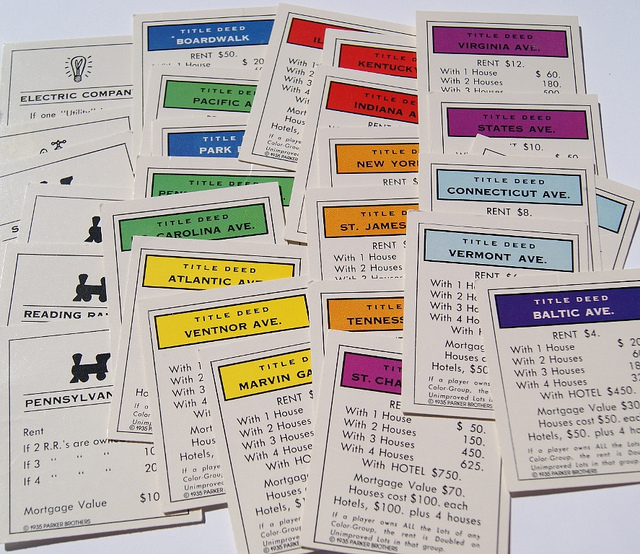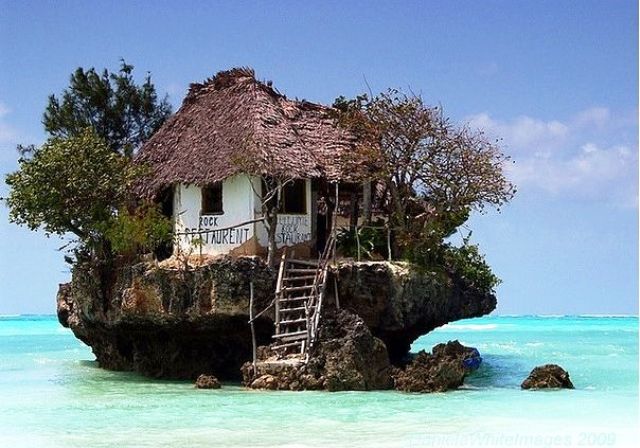Thinking of buying property in Nosara? Then you should probably read this!
- July 16, 2014
You’ve beat out the other offers, won the highly coveted acceptance of the seller and finally agreed on a dollar figure. It’s finally time to pull the trigger on the home of your dreams. What could possibly go wrong?
 Many of the foreign clients who come to Remax Nosara share similar concerns about their Costa Rica investment plans. “What are the potential legal pitfalls of investing here?” is an issue that concerns everyone we meet. Rest assured that with the right people to guide you, the process of buying real estate should be neither intimidating or confusing. Remax Nosara has written the following property buying guide to outline the best and safest ways in which to invest with confidence so you enjoy your investment for many years to come. The following steps serve only as an informative guideline. You don’t have to be an expert on these. Remember that Remax Nosara is here to handle the hard work so you don’t have to.
Many of the foreign clients who come to Remax Nosara share similar concerns about their Costa Rica investment plans. “What are the potential legal pitfalls of investing here?” is an issue that concerns everyone we meet. Rest assured that with the right people to guide you, the process of buying real estate should be neither intimidating or confusing. Remax Nosara has written the following property buying guide to outline the best and safest ways in which to invest with confidence so you enjoy your investment for many years to come. The following steps serve only as an informative guideline. You don’t have to be an expert on these. Remember that Remax Nosara is here to handle the hard work so you don’t have to.
Property types
Much like the US, Canada, and Europe, property types available to buyers vary. Understanding the different property types available is an essential component of the buying process. The main property types are:
A. Fee simple
This is by far the most popular way to own property in Costa Rica. The concept is the same here as it is in the US. Fee simple ownership gives the buyer total ownership of the property to enjoy as they see fit. Providing you conform to Costa Rican law, the owner may sell, lease, improve or develop the property according to their wishes. The fee simple option affords buyers a high degree of legal rights and represents the easiest and most convenient method of ownership. Interested in a fee simple lot / property or home? Click here to contact us.
B. Properties in condominium
When first time visitors to Costa Rica hear this term they often think of condominiums in the form of apartments, units or townhouses. In Costa Rica, however, “Condominium Law” exists in relation to the development of certain types of properties including condominiums, family homes, and finished lot projects. “Property in condominium” ownership is similar to “fee simple” ownership but usually carries developer-imposed restrictions designed to maintain both the integrity and aesthetic value of a property. Looking for a Nosara condominium? Click here to contact us and get your search started.
C. Time share
Much like in the US and Europe the time-share option grants ownership of the property to different individuals for certain weeks of the year. Time-share resorts represent a low cost way of owning a property and are becoming increasingly common in Costa Rica. Remax has a wide range of time share options. Click here to find out more.
D. Untitled property
This is the type of property that a smart realtor wisely steers clear of. Unless you are comfortable with the idea of a long, costly legal battle which you may ultimately lose, then our advice is simple: avoid at all costs.
E. Maritime zone
This is an area where legal issues become complex. Property within 150-200 meters of the ocean is subject to strict legislation and there are restrictions on foreign ownership. Land within the 150-200 meter zone is known as concession land. While it is possible in some cases to purchase the right to use concession land, any form of development is dependent on stringent legal measures.
Let’s assume you have finally found the home of your dreams. Now for the paperwork. The following procedures outline the steps that you must take to safely and securely purchase a Costa Rican property. But first, in order to protect yourself while negotiating the obstacle course of paperwork and potential red tape, you will need a lawyer. Technically, a lawyer is not required to purchase property in Costa Rica. However to avoid the possibility of being ripped off, then the answer is simple: find a good lawyer. Costa Rica is awash with all kinds of lawyers so finding one isn’t difficult. Finding the one that can meet your specific needs may be a little trickier. As with every stage of the buying process, Remax Nosara is here to point you in the right direction. If you choose to find a lawyer independently look for the following:
Notary: Although a lawyer (particularly a property lawyer) may also be a qualified notary this is not always the case so it is important to check beforehand. A notary is required to register the property with the Costa Rican National Registry.
Bilingual: All contracts will be in Spanish and unless you speak the language perfectly you will need a bilingual lawyer capable of word perfect contract translations.
References: Speak to people whom you trust who have previously bought property in Costa Rica. If they point you towards someone they can vouch for, ask that lawyer to produce recommendations received from previous clients.
Forming a corporation
When purchasing property in Costa Rica, Remax Nosara advises that it is done in a corporations’s name. Not only does it simplify the entire process, it can lower capital gains tax and allows for increased flexibility in future transactions and other matters. If you do not own a corporation then rest assured it is much easier than it may sound. Remax Nosara will be happy to help guide you through this process. The basics to setting up a corporation are:
- Choose an original name
-
Appoint a board of directors consisting of a president, secretary and treasurer (Initial incorporators may occupy these positions).
-
Decide on the capital profits of the corporation and how that income will be divided among the incorporators.
The following contains the practical steps prior to signing. If you have by this time hired a reputable lawyer then you can feel confident that the following aspects of the buying process will be handled efficiently by them.
- Title search: Each property carries with it something called a ‘folio real’ number. This number is specific to one property and is an essential requirement when researching whether the property is free of debt or liens and is not subject to dispute.
-
Compare the plano (land survey document) with the information turned up by the title search to make sure the details are verifiable.
-
The building of a structure on your land requires a ‘use of land’ (suelo) letter from the local municipality indicating this is legally possible.
-
Check whether the land or property comes with basic utilities such as electricity, telephone and running water.
-
Submit an offer taking into account the items present on your last visit to the property. This will ensure that any verbal agreements concerning exactly what is included are adhered to. Often an offer may be written up with a minimal ‘good faith’ deposit that may be be raised to 10% within a month.
-
The offer must be submitted on a genuine Costa Rican legal document.
-
Make sure the legal purchase details includes the following:
- Full names of buyer and seller.
- A detailed schedule of all closing costs
- Terms and conditions of sale
- A due diligence schedule including provisions regarding what happens if the property fails the due diligence. Lay out clearly the due diligence period and provisions if it fails to pass.
- Full payment schedule including amounts to be credited and withdrawn from from the escrow accounts on the agreed dates
- Legal description of the property
Before closing:
The seller is obliged to show receipt of payment of any fees attached to the property including:
-
Any applicable fees such as condominium or HOA.
-
Receipts showing that utilities have been paid.
-
Receipts showing that utilities have been paid.
During closing:
-
The signing of the legally drafted Transfer Deed takes place.
-
Buyer makes payment as per the agreement of purchase .
-
In order to update the property tax record, the buyer’s attorney must advise the Municipal Government of the transfer.
After closing:
-
Buyer’s attorney records the Transfer Deed in the public registry.
-
When registered, official ownership documents are delivered to the buyer.
-
Buyer informs the municipal government of the property transfer so that they may update the municipal property tax record.
So why Re/Max?
In a market where the number of self proclaimed real estate ‘professionals’ is increasing at an alarming rate it is crucial that you choose one who truly has your best interests at heart. Remax Nosara understands that the purchase of a new property represents one of the biggest decisions you will ever make. We stand by our commitment to help you find your perfect property within a timeline and a price that exceeds your expectations. We look forward to assisting you with each and every step of the way. If you’re ready to make the move on the home you always dreamed of contact us now and find out just how good we are at making dreams come true.








